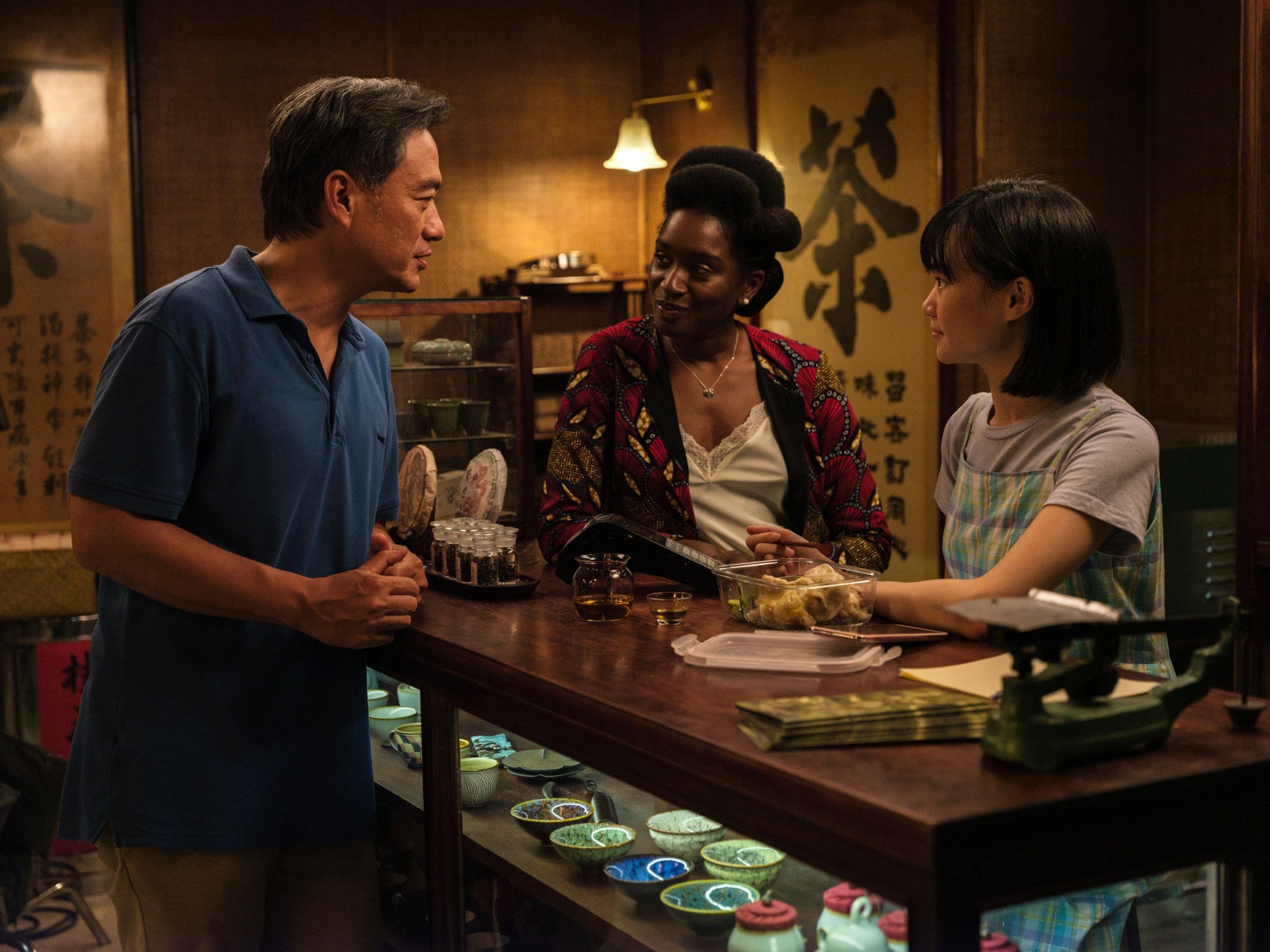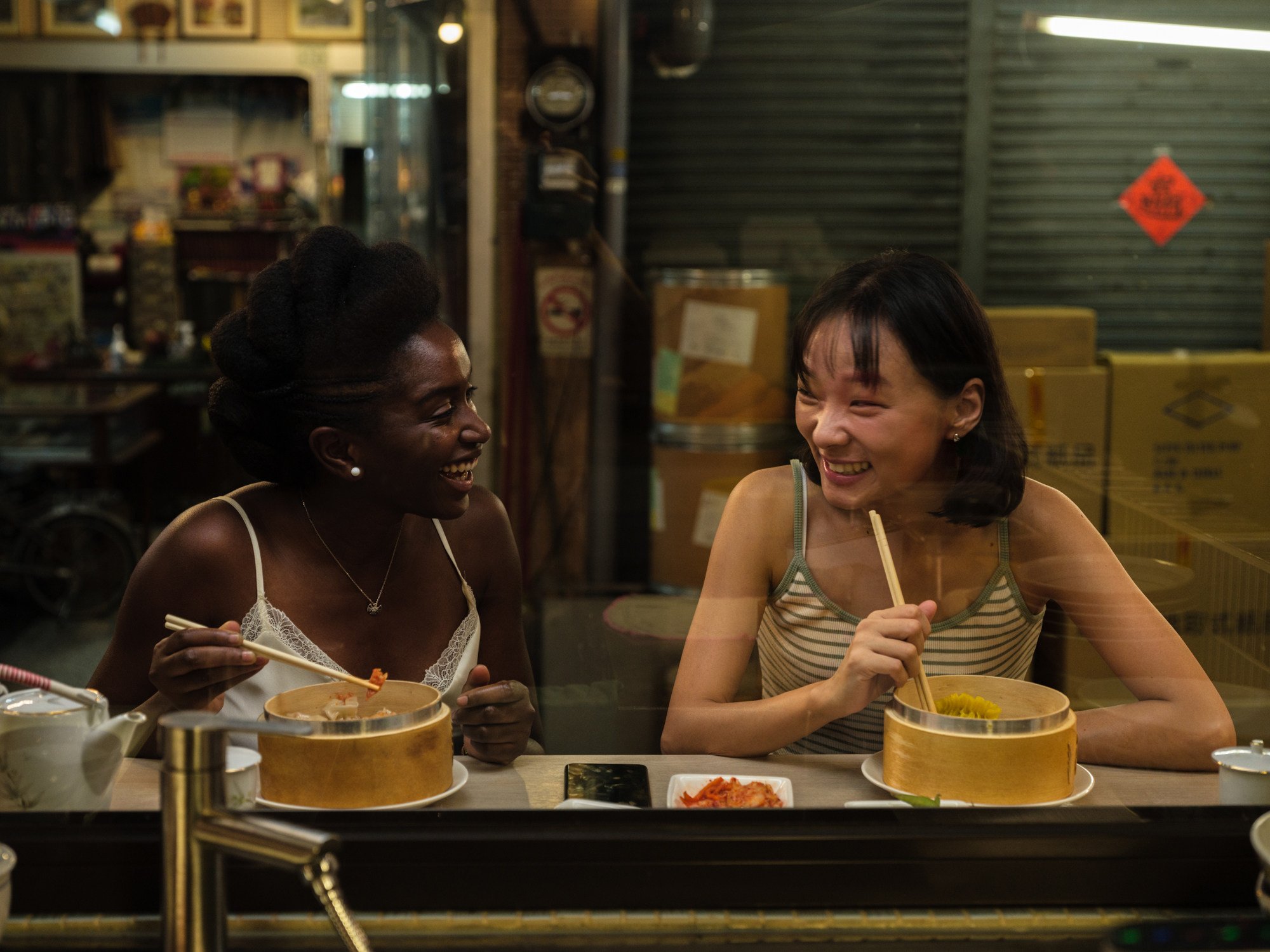Review | Berlin 2024: Black Tea movie review – first film about the African diaspora in China directed by an African is a massive disappointment
2/5 stars
Down the years, many a documentary has been made about the African diaspora in China – Mans Mansson’s Stranded in Canton, for example, or Christiane Badgley’s Guangzhou Dream Factory – but they were made by non-African filmmakers.
Anticipations were high, therefore, when award-winning Mauritanian filmmaker Abderrahmane Sissako (Waiting for Happiness, Timbuktu) was revealed to have made a fictional feature about the subject with Black Tea, which premiered in competition at the Berlin International Film Festival yesterday.
The film, however, has proved to be a massive disappointment on so many levels.
Revolving around an Ivorian woman’s life in Guangzhou, a city in Guangdong province, Sissako’s first film for nearly a decade is undermined by thinly sketched characters, stilted dialogue and a generally tone-deaf understanding about what life is like in China – not just for Africans, but even for the Chinese themselves.
Black Tea is set in a part of Guangzhou where people of different cultures and religions converge to do business, work and, well, cut hair or have theirs cut. Among them is Aya (Nina Mélo), a young woman trying to start a new life abroad after leaving her cheating fiancé at the altar back in Abidjan, in Ivory Coast.

Speaking near-perfect Chinese, she works at a tea shop where she mingles happily with her young colleagues and neighbours. More importantly, she is taken under the wing by the owner, the mild-mannered Cai (Chang Han), who makes time to mentor her about the art of tea-drinking.
Unsurprisingly, the pair become close, but the past soon catches up with them – not Aya’s but Chang’s, as he confesses of having fathered a child in an extramarital affair when he was running a restaurant in Cabo Verde years ago.
That the focus of the film suddenly veers away from Aya to Chang and his family is distracting enough. The film really hits the buffers when Chang’s in-laws launch into a tirade of racist slurs, as they tut-tut Chang’s decision to set up shop in a “dangerous” area swamped by “nasty snakes”.

Having spent the whole film largely glossing over the once hot-button issue of cross-community racial tension in Guangzhou and insisting on depicting locals as unanimously welcoming towards the newcomers, Sissako’s deployment of this supposedly climactic (and quickly resolved) dinner-table row smacks of artifice, as if there’s a need to throw in a token nod towards the issue.
It’s true that Black Tea – which was actually partly financed by Taiwanese funds and was shot on the island – isn’t a political pamphlet, and Sissako has every right to offer his sanitised take of what the African diaspora’s experience is like in China.
But this whitewashing somehow renders the film at best uneventful and at worst simply tedious, with naive characters trading cod philosophy as advice, and regaling in cliched life stories.

This is, after all, a film in which its black protagonist gladly accepts being nicknamed “Black Tea” by his well-meaning colleagues – a red flag, perhaps, of how misguided the film is.















